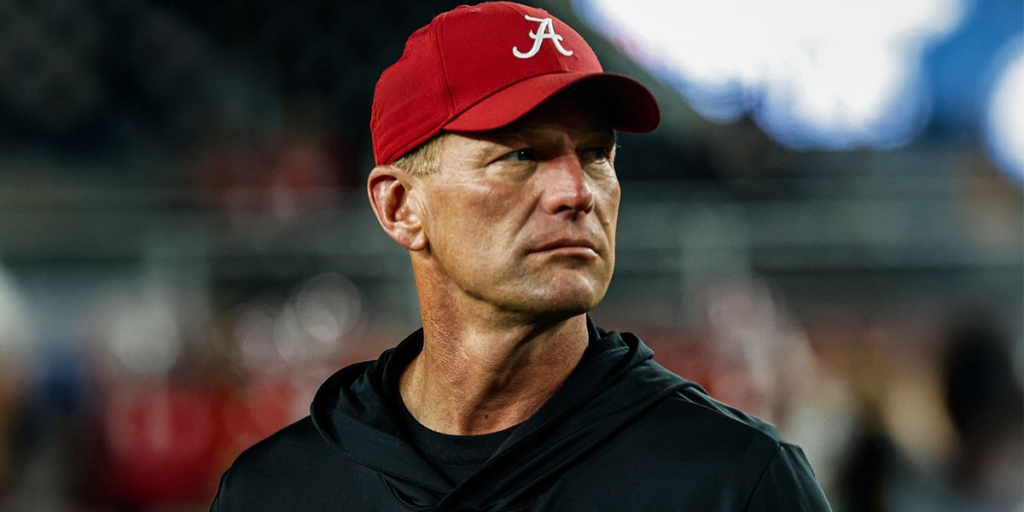An at-risk teenager or vulnerable woman begins dating someone who showers her with gifts, takes her on dates, and woos her into loving and depending on him for care and protection – and, often, drugs.
She feels that he is her “boyfriend” even though, eventually, he tells her that she needs to perform sex acts with other men to pay the rent or pay for drugs or to keep his love and protection.
She complies.
Is she a victim of sexual abuse or human trafficking or is she a prostitute?
It’s the difficult-to-define-and-prosecute problem that often festers in the shadows, eluding law enforcement, social workers and lawmakers, said Pat McCay, secretary of the Alabama Human Trafficking Task Force.
“The problem with some of these cases is they are not recognized as human trafficking,” McCay said in an interview with Yellowhammer News. “It can look like sexual abuse or sexual assault. Women and girls will come in with bruises or emotional scars and even with the most well-trained people, if you don’t understand what human trafficking is or that it is going on in your community, it’s just not on your radar.”
LAWS AND LOOPHOLES
A growing army of advocates and legislators wants to cut through the confusion — by pushing human trafficking into public awareness, and by enacting stronger laws to strong-arm it out of Alabama.
State Rep. Jack Williams (R-Vestavia Hills) has been fighting human trafficking in Alabama since 2009 and last week introduced a bill in the state House that is designed to make it harder for human traffickers to get away with their crimes, particularly those involving minors.
“We’re broadening protection for [victims] by closing up loopholes that make it easier for traffickers to use methods other than force to lure folks into prostitution,” Williams said. “Now they’ll be held accountable for those other types of methods as well.”
The loophole he’s referencing is a requirement in current law that requires proof that a minor, defined as someone under the age of 18, was coerced or deceived into commercial sex acts in order for it to be established as a trafficking offense.
If coercion or deception is not proven, it means “not all commercially exploited children are defined as juvenile sex trafficking victims,” according to Washington-based human rights group Shared Hope International (SHI), who each year issues a national report card analyzing state human trafficking laws.
Alabama received an 83.5 “B” grade from SHI last year, in part, because of that snag in the law, according to the report.
HEART AND MIND CONTROL
In other words, some traffickers don’t use physical coercion or deceit to control their victims; they use emotional or psychological methods.
Williams’ bill would make sure human trafficking “sexual servitude” laws include those pulled into prostitution by such means and would put in place stricter criminal penalties for anyone engaged in trafficking or prostitution of a minor.
It’s an important move forward, because in many cases, victims may not even realize what they are involved in because they have been groomed and brainwashed into believing they are loved and in a consensual relationship, said Carolyn Potter, executive director of The WellHouse, a shelter and recovery facility serving human trafficking victims near Birmingham.
“A minor being kidnapped and sold into sex slavery is not the norm,” Potter told Yellowhammer News during an interview at The WellHouse’s peaceful facilities in Odenville. “What we see at The WellHouse is not like what you see in the movie ‘Taken’ [the Liam Neeson movie in which college girls are kidnapped on an overseas trip and sold to international buyers].”
Far more often, Potter said, those who come to The WellHouse may have different backgrounds, but their lives include a few strikingly similar events that have led them into commercial sex.
TRAFFICKING OFTEN BEGINS AT HOME
“I’d say 95 percent of the women who come to us are victims of childhood abuse at the hands of a family member or parent,” Potter said, giving as an example a brother-sister pair who were sold for sex by their mother while they were growing up. The children were not allowed outside and had to wear long sleeves and long pants to hide their bruises.
Such traumatic childhood events follow victims their whole lives, Potter said, and when a child gets to be about 12-13 years old, the victim — usually a girl, but not always — becomes vulnerable to traffickers who pretend to care for her. The trafficker is usually much older, perhaps a man in his 30s.
The relationship progresses much like the hypothetical example leading this article and can become violent — including beatings, rape and starvation if the girl does not meet her quotas for sex money—and swinging back to bouts of kindness, with the pimp being nice and providing her with a sense of security and family.
In other cases, the victim doesn’t necessarily think of herself as a victim, said Potter, which is why changing the law’s language to drop the deception and coercion requirement for minors is crucial in freeing young women who have been groomed by pimps to feel loved, cared for, and in a “50-50” consensual relationship with their “boyfriend”.
WHOSE MUGSHOT SHOULD BE IN THE PAPER?
Potter and McCay both said they long for legislation that would impose harsher penalties on anyone buying sex, particularly from a minor.
“The buyer’s picture should be in the paper, not the girl’s,” Potter said. “Part of this is educating people that these girls have been victims all their lives.”
McCay said the best answer is to “hit demand right between the eyes.”
“If you have a product and there’s no demand, it isn’t going to be on the shelf anymore. It’s basic economics,” McCay said. “Tennessee has created this law that if you are caught buying sex you get the same punishment as a trafficker – I would love to see that in Alabama.”
Williams said such a measure is not off the table and will come up in discussions and perhaps be added to the bill during the committee process.
“Prostitution is a demand-driven industry,” Williams said. “Were there not individuals purchasing sex, people wouldn’t be selling it.”
LENIENT LAWS?
Under current Alabama law, human trafficking is a Class A felony, but a sex purchaser might only get a $500 fine on the first offense, a $1,000 fine on the second offense, a $1,500 fine on the third offense (all misdemeanors), and be charged with a Class B felony on their fourth offense, Williams said.
Those fines apply even when the purchased sex is with a minor, though child abuse and other penalties may apply to the purchaser, he said.
The proposed law would also “prohibit a defendant accused of engaging in an act of prostitution with a minor from asserting a mistake of age defense,” according to the bill, which is currently under consideration in the House judiciary committee.
Williams is expected to introduce another human trafficking bill this week to address criminal trafficking activity in massage parlors, and the State Senate’s 2018 top legislative priorities include child sex trafficking.
LEARN MORE
Williams, McCay and Potter are among twelve speakers scheduled to present at the 4th annual Alabama Human Trafficking Summit hosted by the state task force on Friday, February 9, in Montgomery.
The event is open to the public and registration details may be found here.
Rachel Blackmon Bryars is managing editor of Yellowhammer News.











